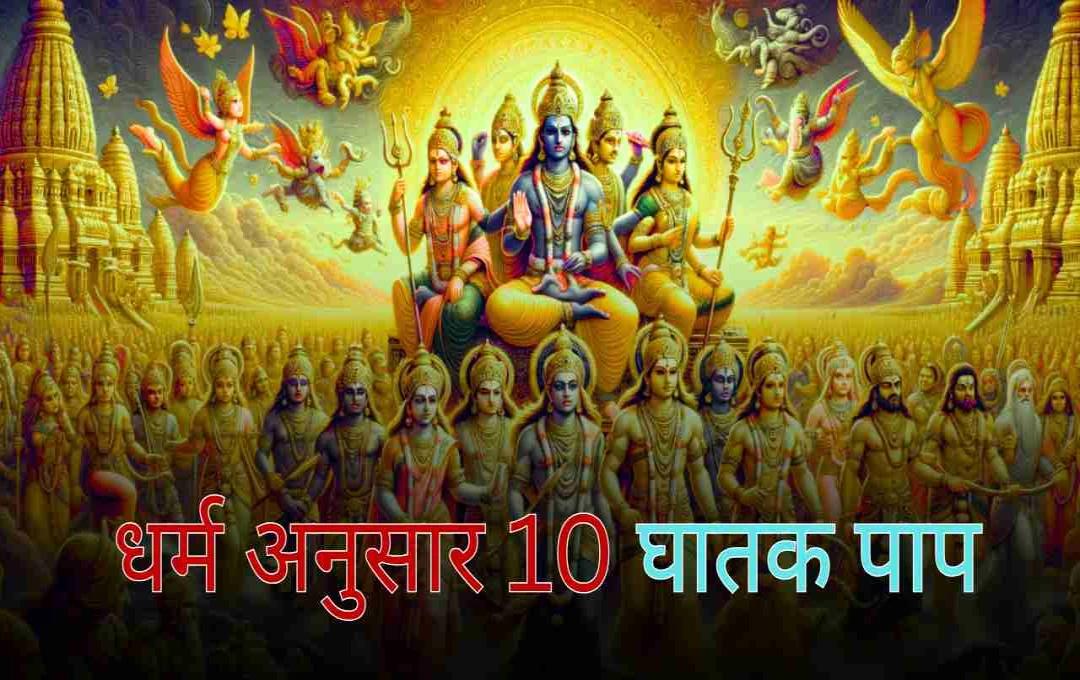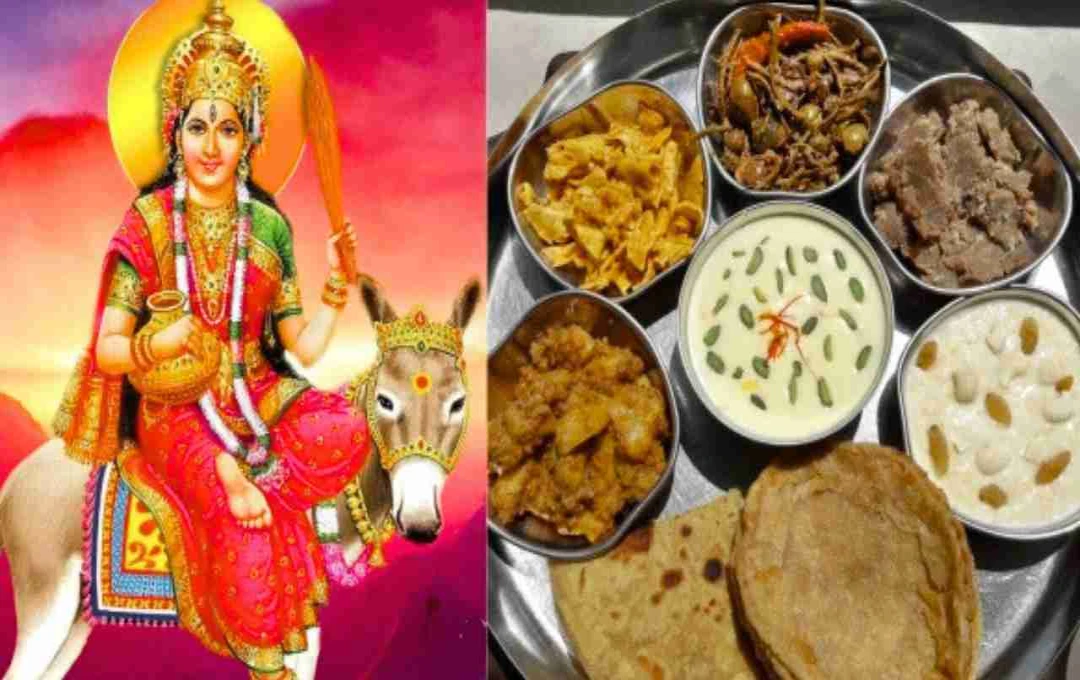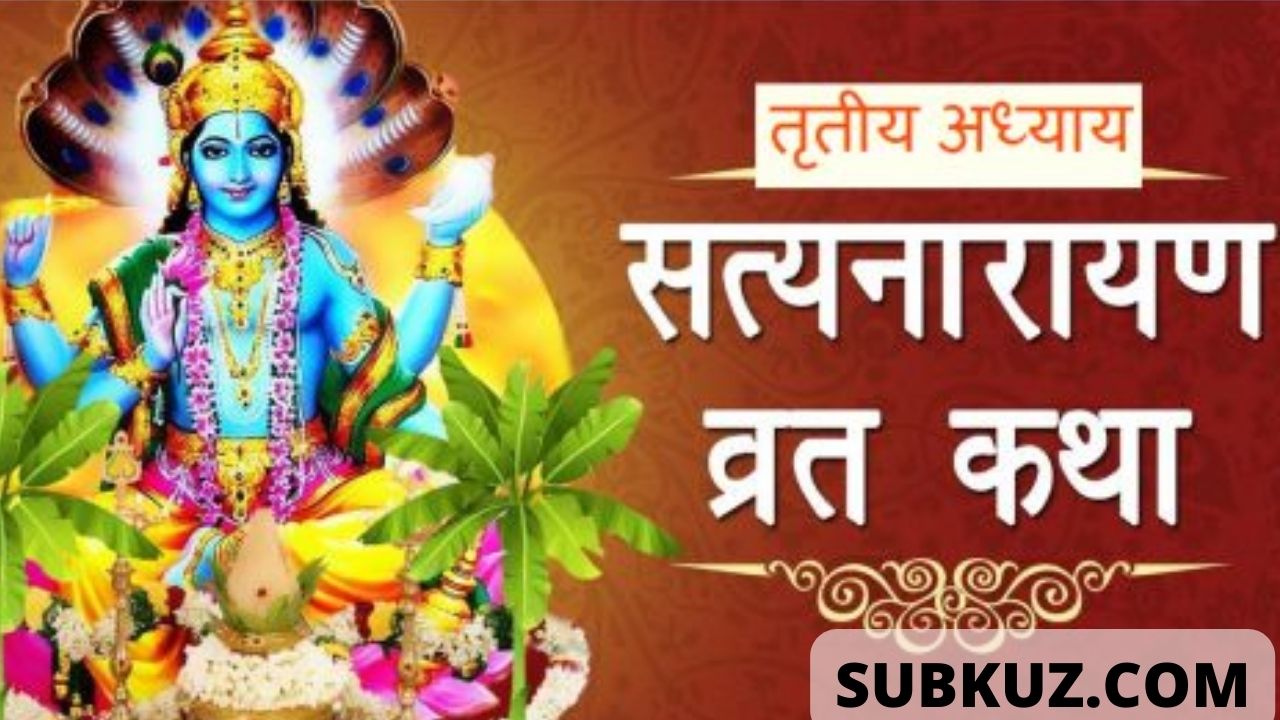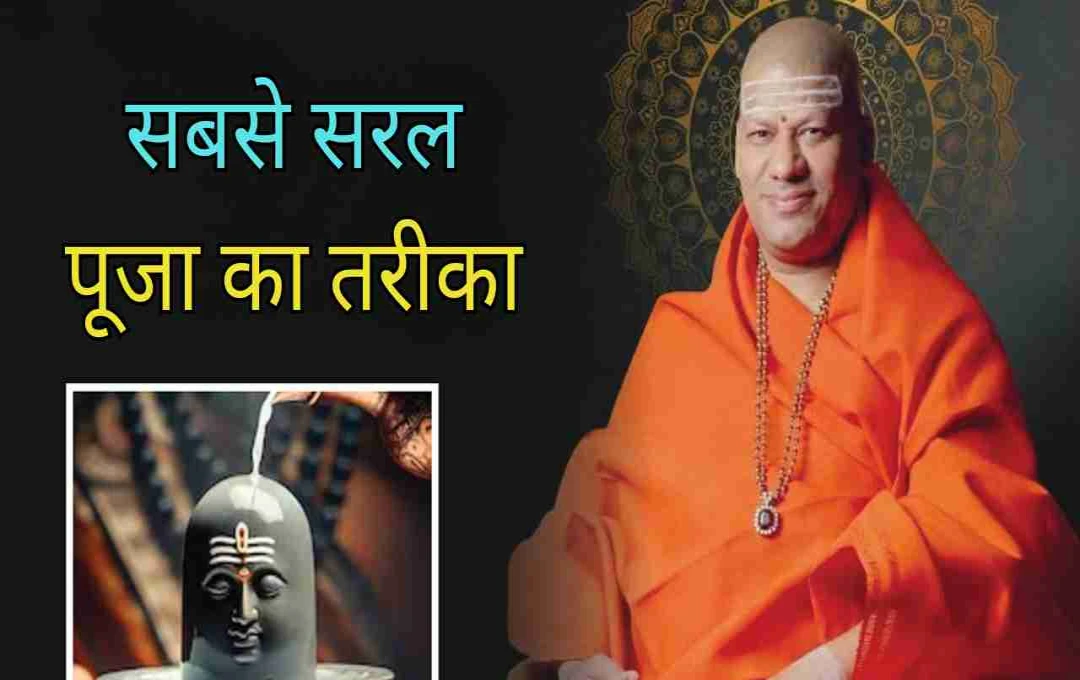In Hinduism, or the Sanatan tradition, the foundation of life is not just based on faith, but on actions (karma). Here, every individual's good and bad deeds are linked to their future and rebirth. The scriptures clearly state, "As you sow, so shall you reap." If a person commits bad deeds, they incur sin, which affects their life and soul.
Three Categories of Sin
In Hinduism, sin is not considered to be of just one type, but is divided into three main categories: Kayik Paap (physical sins), Vachik Paap (verbal sins), and Mansik Paap (mental sins). Wrong actions committed at all three levels are considered serious Adharma (unrighteousness), and their various consequences are outlined.
Kayik Paap: Unrighteousness Committed Through the Body
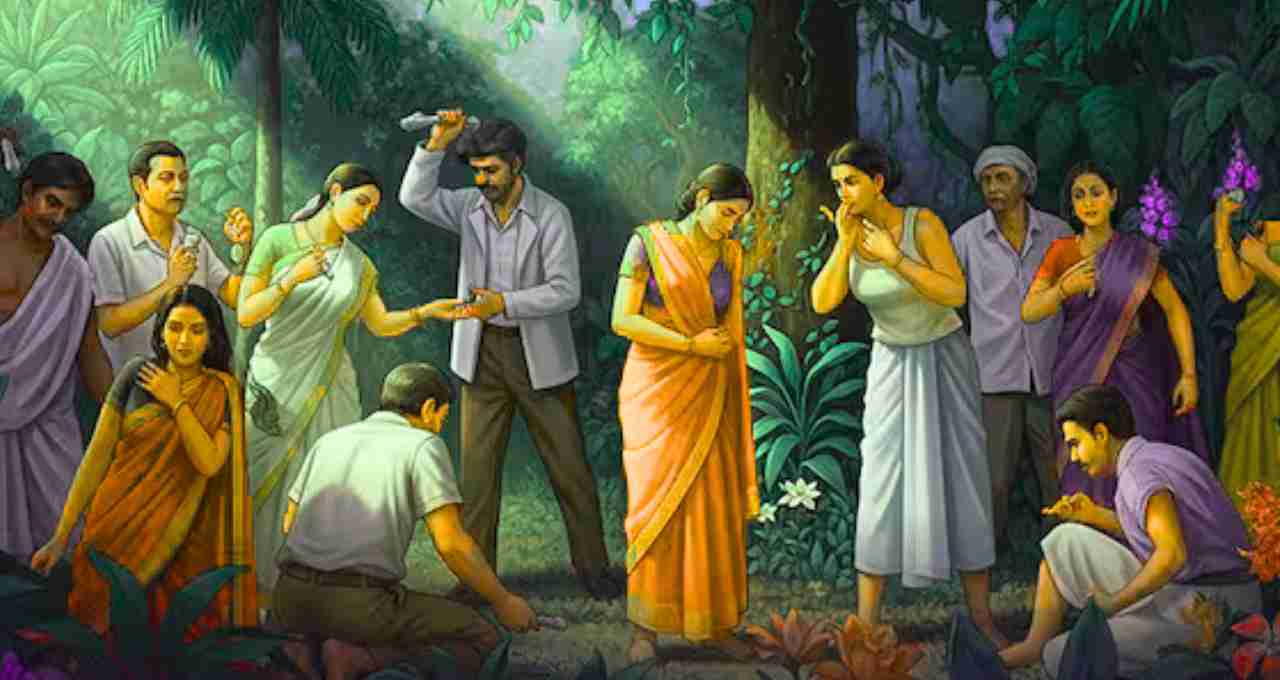
Kayik Paap are sins committed through the body. These are bad deeds that a person performs with their hands, feet, or other physical actions. These sins directly cause pain or harm to another person.
- Stealing: Taking someone else's belongings without permission, whether small or large, is considered a serious sin. Stealing is not only like snatching someone's possessions, but it also degrades a person's character.
- Murder or Harming Someone: Taking someone's life, or intentionally causing physical injury to someone – both are serious sins committed through the body. Violence is strictly forbidden in Sanatan Dharma.
- Adultery: Having an illicit relationship with a married woman or man is, according to the Dharma, an unpardonable offense. This is not only a violation of social norms but also a cause of the soul's degradation.
Vachik Paap: Unrighteousness Committed Through Speech
Vachik Paap are those that we commit through our speech, words, and communication of thoughts. These sins, instead of directly harming someone, insult or confuse through words.
- Using Abusive Language or Insulting Someone: Using harsh or indecent words towards someone is not just a mistake in speech, but a sin that affects the soul.
- Lying: Hiding the truth, misleading, or repeatedly lying deliberately – this sin brings unrest in every area of life. From a religious perspective, lying makes a person a partaker of sin.
- Slandering or Gossiping: Criticizing someone in their absence, or commenting on their character, is included in Vachik Paap.
- Making Unnecessary Conversation: Things that neither benefit anyone nor provide knowledge – only done for entertainment or to cause annoyance – are also considered Adharma at the level of speech.
Mansik Paap: Unrighteousness Committed Through the Mind
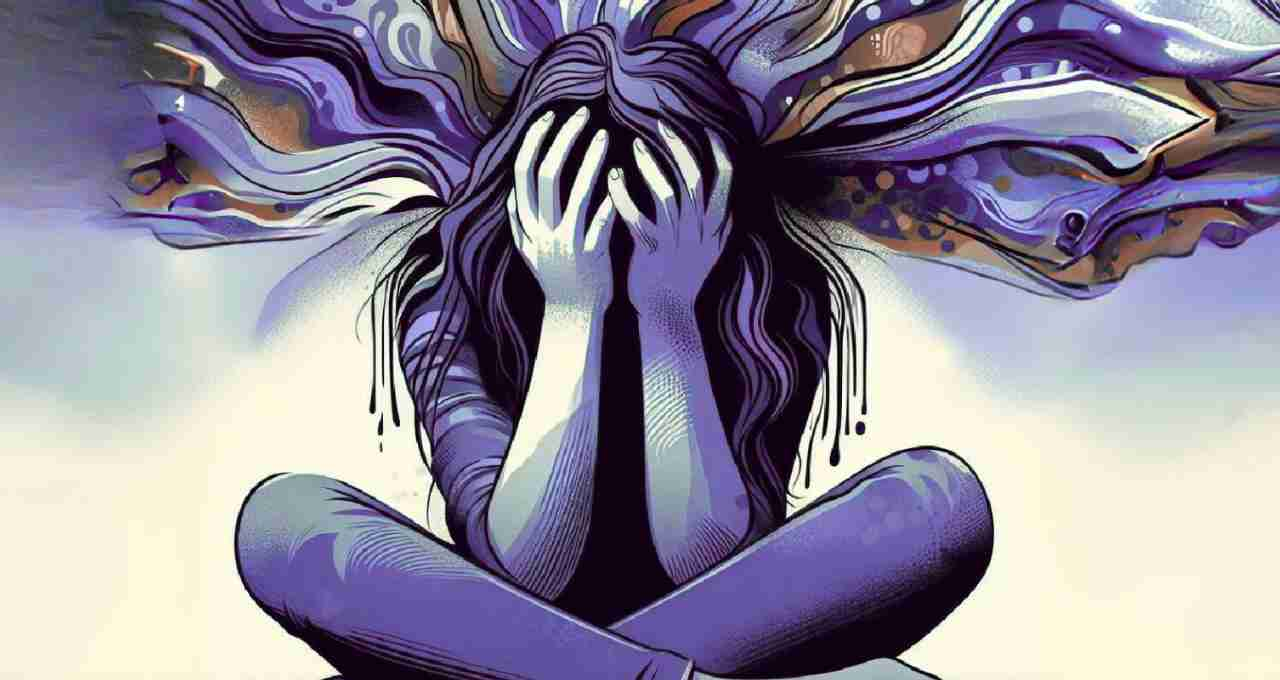
The scriptures say that sin is not only what is visible, but many times our thoughts also become the cause of sin. Mansik Paap refers to those thoughts or feelings that a person harbors within themselves.
- Envy of Others' Property or Success: Feeling jealous upon seeing another person's progress and desiring their property – this is considered a serious sin committed through the mind.
- Having Bad Thoughts About Someone: If a person, in their mind, wishes harm on someone or has bad feelings about them, it falls into the category of Mansik Paap.
- False Dogmatism, i.e., Clinging to Wrong Ideas: If a person knows that their idea or perspective is wrong, yet they persist – this is also considered a mental flaw. This kind of thinking distances a person from the truth and gives rise to spiritual distortion.
How Sins Affect Life
Sanatan Dharma believes that committing sin unsettles a person's mind. Their self-confidence decreases, decisions go wrong, and the consequences of their actions must be borne sooner or later. Whether it is in this life or the next. Because of these sins, obstacles, sorrows, and crises enter life.
Warning Given in Religious Texts
The Vedas, Upanishads, and Dharma Shastras clearly speak of staying away from these sins. Along with this, it is also said that a person who avoids these in life becomes spiritually b and can find the path to move towards Moksha (liberation).
